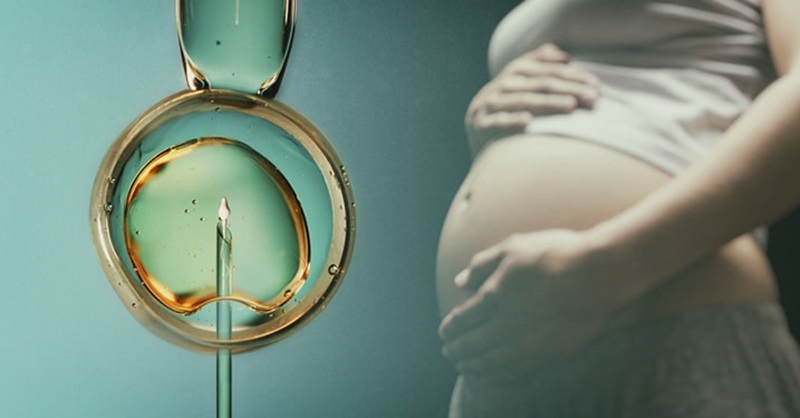Tubal ligation is a popular method of permanent contraception for women who have completed their families or have decided not to have any more children. Often, it is performed during a C-section for convenience. While it is generally considered safe, there are some potential side effects and risks associated with the procedure. In this blog, we will explore the side effects of tubal ligation after a C-section and discuss how to recognize signs of infection. For expert advice on this topic, consider consulting the experts at SCI IVF Hospital.
Side Effects of Tubal Ligation After C-Section
- Pain and Discomfort: It is common to experience some pain and discomfort at the incision site after a C-section and tubal ligation. This discomfort usually subsides within a few days to a week. Over-the-counter pain medications or prescribed pain relievers can help manage this discomfort.
- Vaginal Bleeding: You may experience light vaginal bleeding or spotting after the procedure. This is normal and should resolve within a few days. However, if the bleeding becomes heavy or lasts for an extended period, it’s important to consult your healthcare provider.
- Infection: Infection is a potential side effect of any surgical procedure, including tubal ligation after a C-section. Signs of infection may include increased pain, redness, warmth, or swelling at the incision site, as well as fever. If you notice any of these symptoms, contact your healthcare provider immediately.
- Changes in Menstrual Cycle: Some women may experience changes in their menstrual cycle after tubal ligation. This can include heavier or irregular periods. These changes are usually not severe and can often be managed with hormonal birth control if necessary.
- Regret: While not a physical side effect, it’s important to note that tubal ligation is a permanent form of contraception. Some women may experience regret later in life if they decide they want more children. It’s essential to thoroughly discuss your decision with your healthcare provider and consider all options before undergoing the procedure.
Recognizing Signs of Infection After Tubal Ligation
Infection is a potential complication after any surgical procedure, including tubal ligation. Recognizing the signs of infection early is crucial for prompt treatment and preventing further complications. Here are some signs to watch out for:
- Fever: A fever is often the first sign of infection. If your body temperature rises above 100.4°F (38°C) after tubal ligation, it could indicate an infection.
- Increased Pain and Swelling: It is normal to experience some pain and swelling at the incision site, but if these symptoms worsen or persist beyond the initial recovery period, it may indicate an infection.
- Redness and Warmth: The skin around the incision site should gradually return to its normal color and temperature. If you notice increasing redness and warmth, it may be a sign of infection.
- Pus or Drainage: If you observe any discharge, especially if it is yellow, green, or foul-smelling, it could be a sign of infection.
- Worsening Symptoms: If your overall condition is getting worse instead of improving as expected after the surgery, it’s essential to contact your healthcare provider immediately.
Preventing Infection After Tubal Ligation
While infections are not entirely preventable, there are steps you can take to minimize the risk:
- Follow Postoperative Instructions: Adhere to the postoperative instructions provided by your healthcare provider, including wound care and medication.
- Maintain Proper Hygiene: Keep the incision site clean and dry. Follow any hygiene recommendations given by your healthcare provider.
- Watch for Signs: Be vigilant and watch for any signs of infection. Early detection is key to successful treatment.
- Attend Follow-Up Appointments: Attend all scheduled follow-up appointments with your healthcare provider. They can monitor your recovery and address any concerns promptly.
Conclusion
Tubal ligation after a C-section is a safe and effective method of permanent contraception for women who have decided not to have more children. While there are potential side effects and risks associated with the procedure, these are generally manageable with proper care and attention. Recognizing the signs of infection and taking prompt action is crucial to ensuring a smooth recovery. If you have any questions or concerns about tubal ligation or suspect an infection, don’t hesitate to reach out to the experts at SCI IVF Hospital for guidance and support. Your health and well-being are of the utmost importance, and their team is here to assist you every step of the way.




